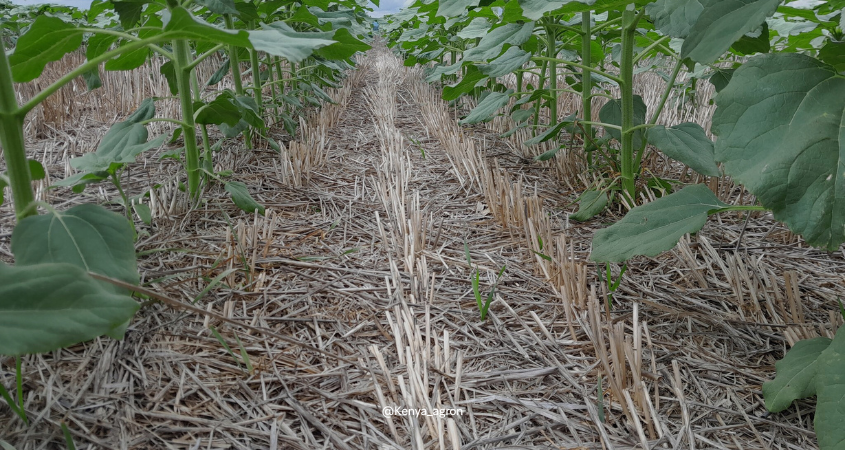
Agricultural practices have evolved to embrace reduced tillage and, increasingly, no-till farming. Reduced tillage involves minimal soil disturbance, preserving the soil structure and reducing the risk of compaction. No-till farming takes this a step further, eliminating mechanical soil disturbance altogether.
Soil structure refers to the arrangement of soil particles into aggregates, creating pore spaces for air and water movement. Over-tilling disrupts this structure, while reduced tillage and no-till farming maintain and enhance it. The preservation of soil structure encourages the proliferation of beneficial soil organisms, building a healthier and more resilient soil environment.
Organic matter in the soil acts as a reservoir for nutrients, improves water-holding capacity, and provides a conducive environment for microbial activity. Over-tilling accelerates the breakdown of organic matter, depriving the soil of these critical benefits. In reduced tillage or no-till systems, the residues left on the surface act as a protective cover, preventing erosion and building a habitat for diverse soil life.
Reduced tillage and no-till practices promote water conservation by enhancing water infiltration and reducing surface runoff. The preservation of soil structure and organic matter content enhances soil water retention capacity. For every 1% organic matter built up, the soil can hold 154,000 to 234,000 liters per hectare, reducing irrigation needs and increasing drought tolerance.
One of the significant advantages of reduced tillage and no-till farming is their contribution to carbon sequestration. By minimizing soil disturbance, these practices lock carbon into the soil, acting as a vital strategy in mitigating the impact of agriculture on climate change. The sequestered carbon not only enhances soil fertility but also plays a role in global efforts to combat greenhouse gas emissions.
Overall, reduced tillage and no-till farming principles emerge as impactful stewards of our planet’s well-being. These practices, with their emphasis on preserving soil structure, enriching organic matter, championing water conservation, and mitigating climate change, not only improve current agricultural practices but also propel us toward a sustainable future.
Grow more with less
#savesoil #soilhealth #soilscience
Order our services and get to know how to improve your soil for better yeilds.